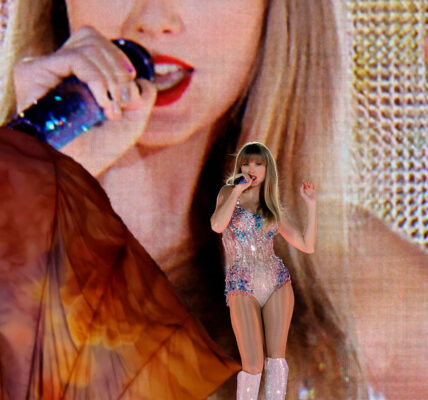Sometimes, he has worked closely with directors to create new versions of scores, or to restore previously conventional cuts, always with dramaturgical purpose. His “War and Peace,” with Tcherniakov, excised about 30 minutes of material that was transparently written for Soviet censors; his “Rosenkavalier,” with Barrie Kosky, on the other hand, was unabridged, the third act longer but smoother.
“Each piece has its own character its own personal features,” Jurowski said. “I treat pieces as persons. I’m trying to find out what they are, what it is they want, and what it is they lack.”
With Tobias Kratzer, the director of “The Passenger,” which contains scenes at Auschwitz, Jurowski trimmed about a half-hour from the running time; his cuts included getting rid of an unnecessary character and gratuitous representations of the concentration camp. The opera, which Weinberg wrote in 1968, didn’t premiere until this century, and it hadn’t been presented with edits until the Munich production. The result — the performance, the staging and the architecture of the piece itself — was shattering and stark, far from the kitsch that it runs the risk of being.
“He will stay after the rehearsal to solve a detailed problem, some problems you might have never thought of, that can keep you up at night,” Kratzer said of Jurowski. “But he’s a great musician, and he knows that music is just one part of this world.”
THE BAVARIAN STATE OPERA is an openly partisan house, sometimes controversially, because opera houses in Germany receive substantial state funding. During the country’s refugee crisis a decade ago, it championed “Willkommenskultur,” or welcome culture, creating youth programs for the children of migrants to perform with their local peers. In 2022, it hung a large Ukrainian flag over the columns of its grand entrance.
And when the Bayerische Staatsorchester, the house’s pit orchestra, performed at the Lucerne Festival in Switzerland last year, Jurowski didn’t stop climate change protesters who stormed the stage during a Bruckner symphony. After a brief disruption, he told the audience that he had made a deal with them: They could speak their minds, then remain quiet for the rest of the concert. When audience members tried to shout down the protesters, Jurowski gestured for them to be respectful.




